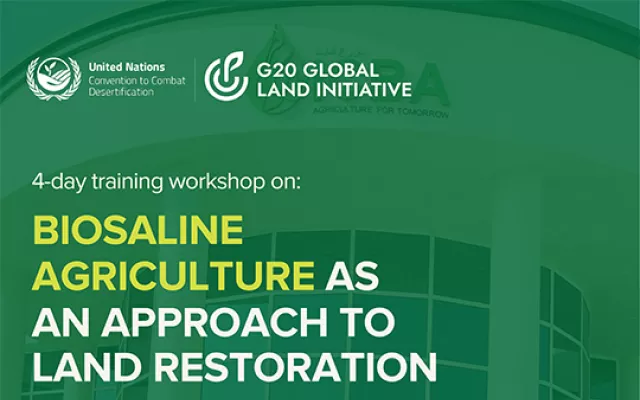Knowledge that empowers and changes lives
Amal and Wael run a family farm in a village in Port Saeed in Egypt. They make a living by selling dairy products. Like many other farmers in their area, they used to turn milk into yogurt and make cheese after storing yogurt for 3-4 days. But they were not happy about the final product.
This completely changed when they learnt about a new technology from researchers working under the Adaptation to Climate Change in Marginal Environments in West Asia and North Africa project.
Initially, Amal and her husband used to process 20 kg of milk and make cheese. After they had been trained and received the new equipment, they started increasing their unit’s processing capacity gradually to 100, 200, ultimately reaching 1,000 kg per production cycle.
“Now we are able to process cheese within a shorter period of time as we learnt that boiling milk at 90 ºC and then cooling it down to 40 ºC results in a good quality, ready-to-use product,” says Amal.
More importantly, they started generating more revenue.
Wael started a pilot project with a fellow farmer to market cheese to nearby towns. They are now selling two kinds of cheese and yoghurt in three cities around the Suez Canal.










